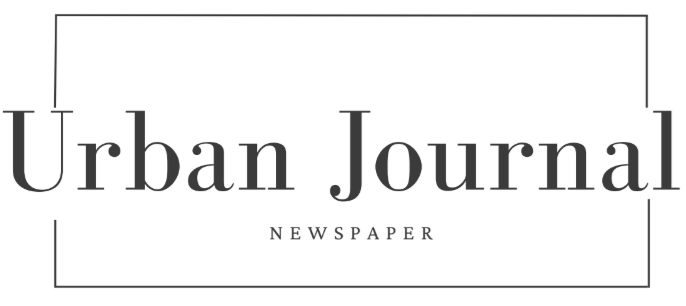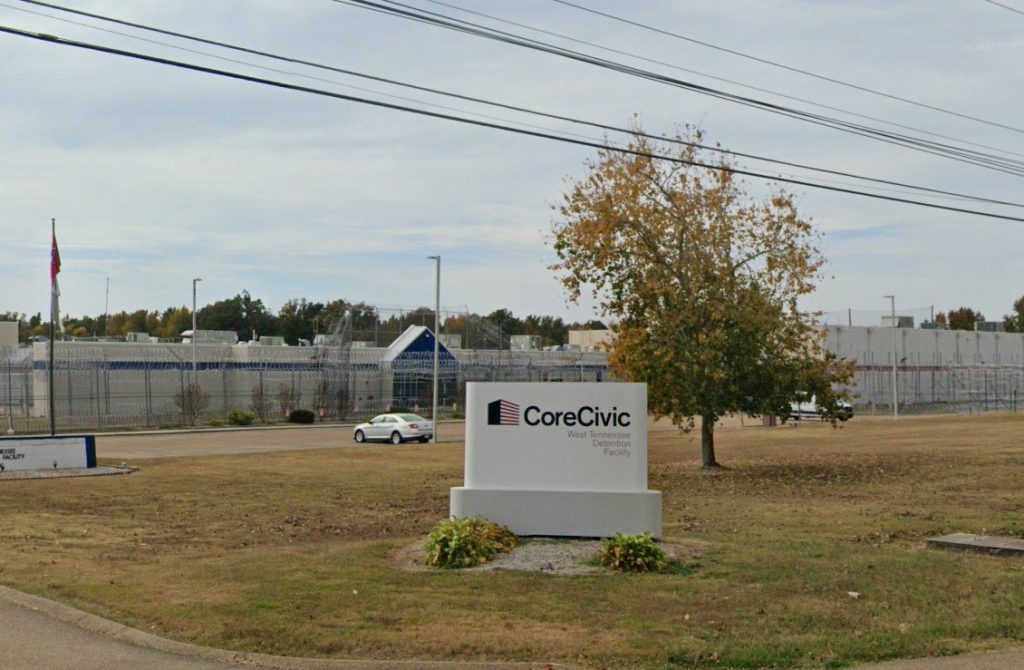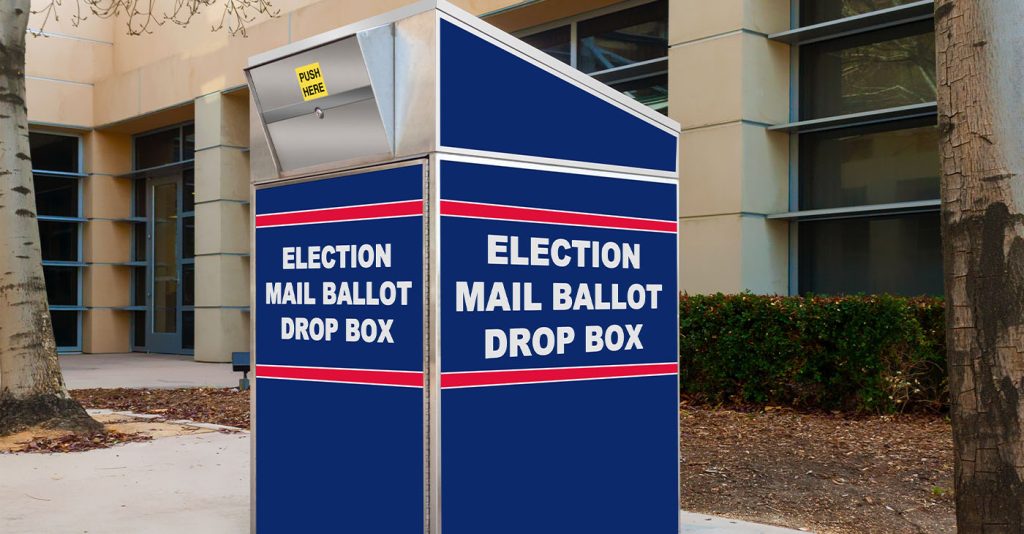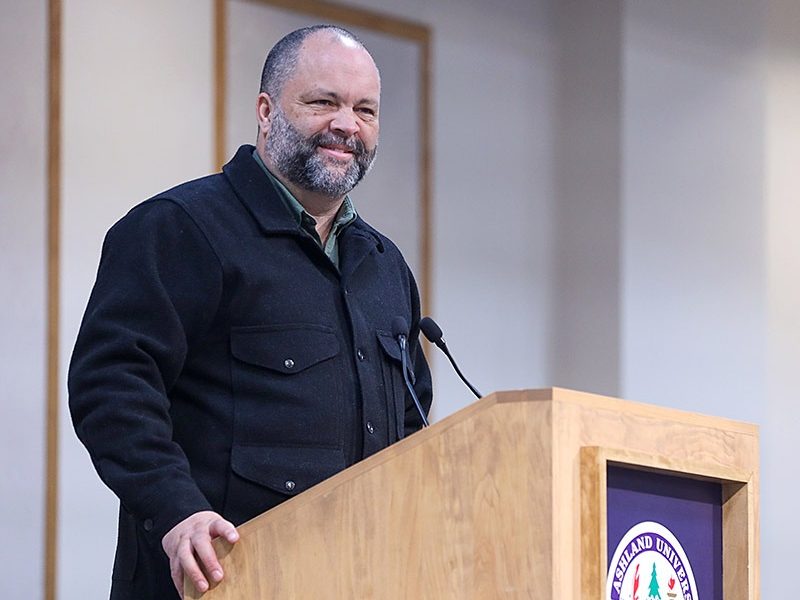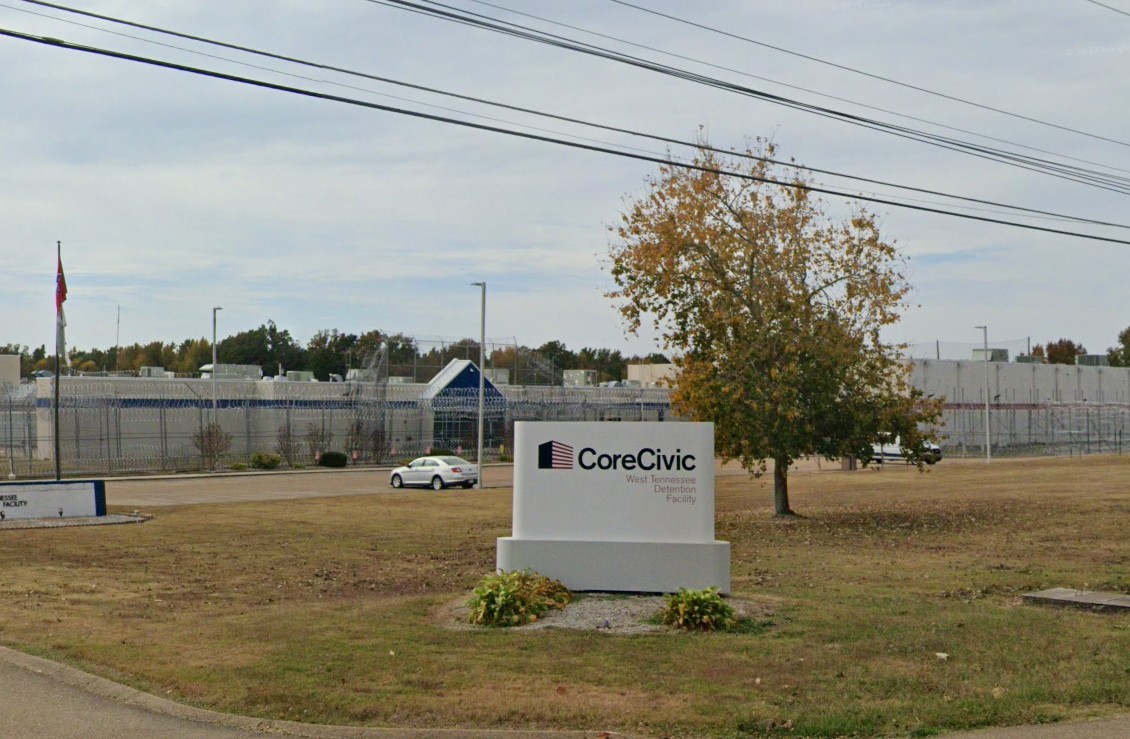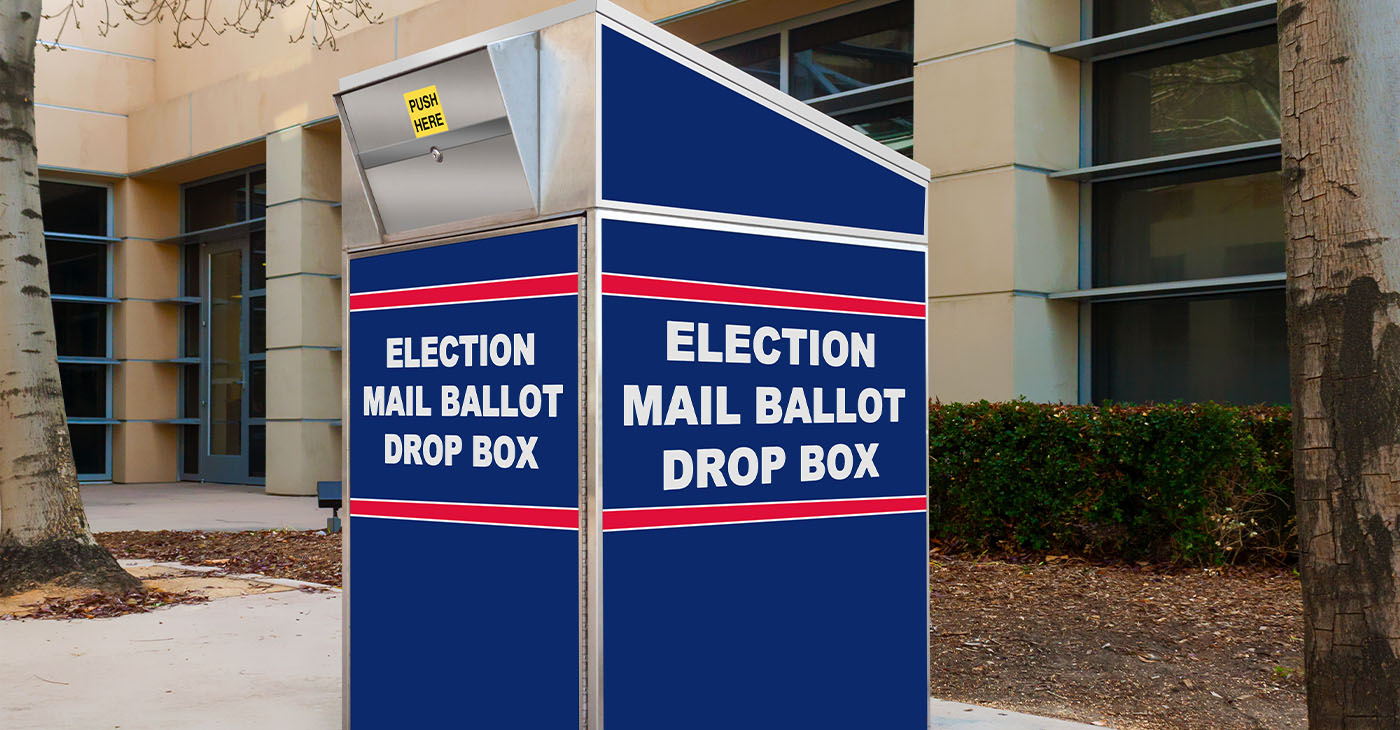
A coalition of community leaders and advocacy groups is urging greater transparency and public engagement following the state of Tennessee’s approval of a proposed tunnel project by Elon Musk’s Boring Company.
The project, known as the ‘Music City Loop,’ aims to connect downtown Nashville to Nashville International Airport via underground tunnels, with travel time estimated at approximately eight minutes using Tesla vehicles. The first phase would begin at 637 Rosa Parks Boulevard, near the state Capitol.
The plan was approved Thursday by the State Building Commission, drawing concerns from local officials and community advocates who say the process lacked adequate public input and oversight.
“This secretive process completely bypassed community engagement, legislative transparency, and any opportunity for competitive proposals,” said state Sen. Charlane Oliver (D-Nashville). “This is a significant infrastructure project that should be vetted with input from the people it will impact.”
Several advocacy organizations, including SHIFT Nashville (a coalition led by The Equity Alliance, Tennessee Immigrant & Refugee Rights Coalition, and Stand Up Nashville) and Transit NOW, joined Sen. Oliver in raising questions about the project’s rollout.
Among the coalition’s key concerns:
• Lack of public input: Local authorities were not involved in the approval process.
• Transparency: Details of the project emerged only days before the state’s vote.
• Community relevance: Critics say the tunnel prioritizes airport travelers over residents who rely on daily public transportation.
• Uncertain track record: Previous Boring Company tunnel projects in other cities have been delayed, suspended, or canceled.
• Environmental and safety implications: No public studies or assessments have been conducted.
“The public deserves to know how this project will impact our communities,” said Jess Williams, director of Growth and Engagement at The Equity Alliance. “Development should serve people, not just private interests.”
The exact route of the tunnel has not been made public, but advocates believe it may run through parts of Senate District 19, which includes residential neighborhoods. That possibility has added to concerns about the potential disruption and long-term community impact.
The coalition is calling for:
• a transparent public input process before any further approvals
• comprehensive environmental and safety studies
• an analysis of how the project could affect nearby communities
• a re-evaluation of how state resources can better serve Nashville’s transit needs
Supporters of community-based planning point to the Choose How You Move transportation plan, approved by Nashville voters in 2024, as an example of a collaborative, public-driven approach to transit infrastructure.
“We know what effective community planning looks like,” said Richard Massey, ‘ground game organizer’ for The Equity Alliance. “It involves listening to the people most affected—not bypassing them.”
Residents interested in learning more or participating in upcoming meetings can text ‘TUNNEL’ to 91750 for updates. A community forum is scheduled for September 4 to continue the conversation.
While the Music City Loop represents a bold new direction for transit technology in Nashville, community leaders are making it clear that such innovation must not come at the expense of public involvement and local priorities.
